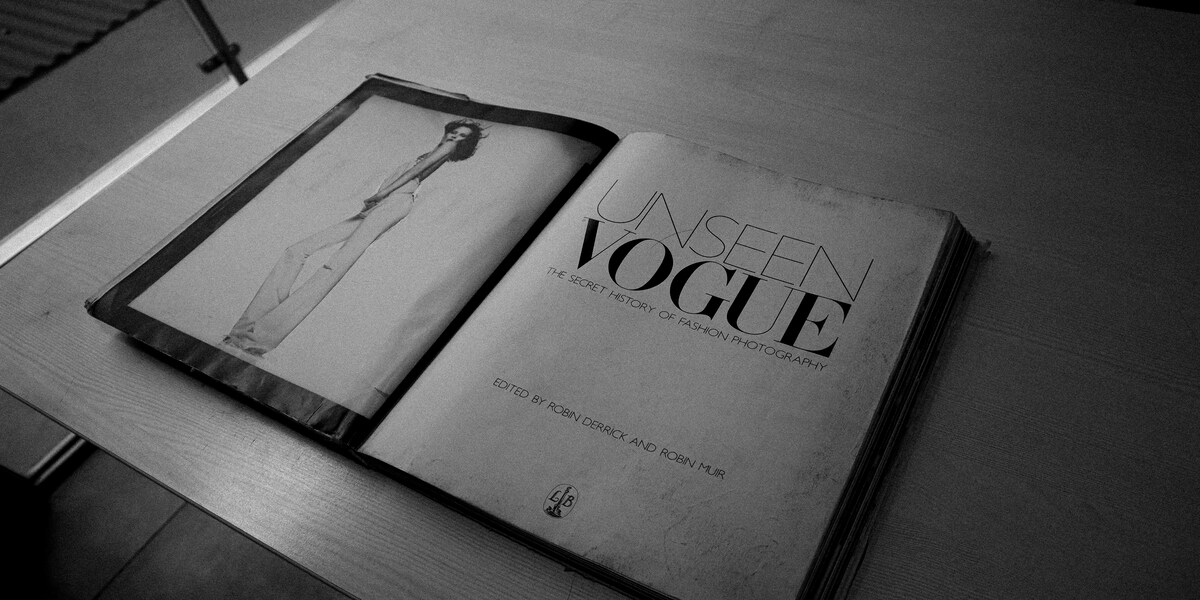
-
How to become a
Product Manager

What is a Product Manager?
Product Managers are key figures in a wide range of industries. One of the areas in which these professionals are in demand is the fashion system. Their contribution is to drive product innovation and success by working closely with the style office, development and production. Their goal is to translate the designers’ vision into actual products that meet a potential customer’s demands. In short, Product Managers serve as a liaison from concept development through the development process and up to product launch, ensuring that the output is in line with brand identity and consumer expectations.
What does a Product Manager do?
A fashion product’s success depends on a number of factors over which Product Managers can have wide influence margins. Working closely with design teams, these figures are called upon to identify new industry trends, gather market feedback, and define the production and launch strategy. In a second phase, Product Managers cooperate with the development team to manage engineering. Their responsibilities include: defining product specifications, coordinating material sourcing activities, overseeing the sampling process, and defining production schedules. Finally, together with the marketing team, they define the product launch strategy and cooperate on the communication and promotion development.
What skills should a Product Manager have?
Given the broad vision of these professional figures, the skills required to Product Managers in the fashion world are multifaceted. First of all, knowledge of trends and aesthetic sensibility are indispensable. These are, in fact, the basis for bringing to life collections and pieces that reflect the brand identity and appeal to target consumers. In addition, the ability to translate the brand's vision into production specifications and to manage a project, is necessary. So, analytical skills, customer orientation and coordination skills are needed.
How to become a Product Manager?
The practical-theoretical foundations to cover the role of Product manager can be acquired through training in the fashion industry. A hybrid program bridging fashion and business offers an excellent background for those wanting to pursue this career path. In addition to exploring new scenarios in the world of fashion, NABA's Three-Year BA in Fashion Design (address in Fashion Design Management) helps develop the ability to analyze and elaborate concepts and ideas and transfer them into complex projects, managing all design and implementation phases. Here, marketing principles, together with project management and product development skills, are conveyed.
.png)